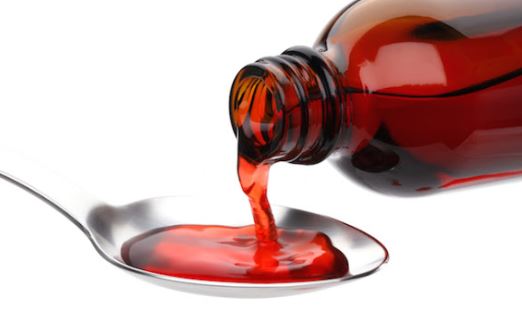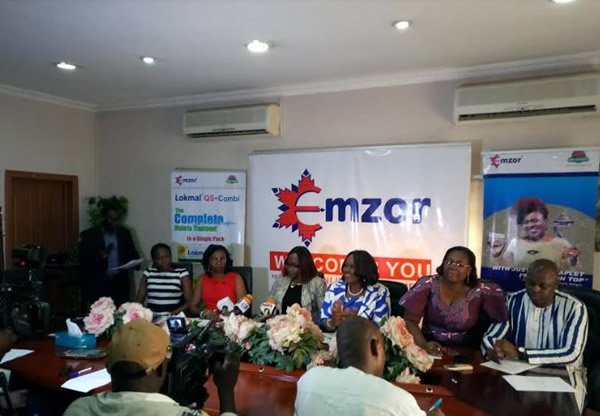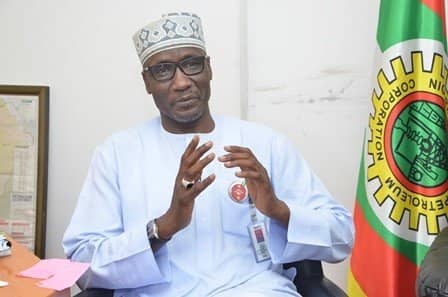BY DEMILADE OSOTEKU
Following the release of the BBC Africa Documentary ‘Sweet Sweet Codeine: Nigeria Cough Syrup Crisis,’ there has been a loud outcry by the public. Drug and substance abuse is not a new problem in Nigeria; as far back as 1992, academic studies have shown that about 70% of school-aged children in Nigeria abuse drugs.
The Nigerian senate reported that about 3 million bottles of codeine were consumed daily in two Nigerian states (Kano and Jigawa) only and there was no outrage. We are grateful to the BBC Africa Eye team for finally bringing this ravaging menace to the agenda what the Senate committee couldn’t.
If the sights and sounds from the documentary were disturbing, the bitter response of the Nigerian government was more worrisome. Starting with the immediate ban on the importation and production of codeine in Nigeria, and subsequent closure of liquid line or production lines of implicated pharmaceuticals. The government has addressed this deep-seated problem in a characteristic way – condemn the activity like it is novel, shake a few tables, punish a few scapegoats, and everyone goes to bed. The sour problem of addiction has not gone away and will not go away as quickly as the government wished, except a holistic approach is taken.
Advertisement
The ability of the government to enforce a ban is doubted. Cannabis is banned in Nigeria but we perceive the smell everywhere we turn whether in the high-end or low-end of the socioeconomic spectrum. To effectively ban the content, the regulators need to have a list of all pharmaceuticals in Nigeria and enforce through a mechanism I seriously doubt it’s efficacy. The short-term effect of the ban and closure will be a skyrocketing price of codeine-containing drugs especially for poor Nigerians who need the drug as we are already seeing, and a black-market supply chain for drug addicts who will still continue to take the drug.
The euphoric enthusiasm in the public will wane soon as we count the real cost of changing things, then another headline catching news takes over our conversations – what academics call the ‘Issue-attention cycle’
How big of a problem is this? – Demand, supply and distribution?
The starting point of any action should be quantifying the scale of the problem. The best data available in public space is the Senate committee report of consumption of 3 million bottles of codeine-containing syrup per day in Kano and Jigawa states. There isn’t a lot of clarity in the methodological soundness of arriving at that number. To tackle a problem, the government needs to be able to quantify the scale, by states and local government areas.
Advertisement
The supply, distribution, and demand sides then need to be considered. The (near) exact number of codeine-based syrup bottles in circulation, who produces them and how they are distributed need to be estimated on the supply side. This should not only be limited to codeine but to other addictive prescription drugs like tramadol and others. Applying pressure through monitoring of suppliers has a better chance of controlling the quantity of the drug in circulation than an ineffective outright ban.
On the distribution side, regulators like NAFDAC and NDLEA need to incorporate other actors like the Pharmacists Council of Nigeria (PCN). PCN’s responsibility should be beyond getting registration and licence renewal fees, but also hold its members more accountable. Funding may be a problem for non-revenue generating organizations like the NDLEA but not the PCN. The PCN leadership should be questioned regularly by the national assembly and held responsible for the conduct of pharmacists and patent medical vendors it certifies.
On the demand side, a probe to find the contemporary reasons why people resort to intoxication through ‘highness’ or ‘slow’ as it is referred to on the street matters. Peer pressure, experimenting, lack of parental care, easy access to drugs, or whatever the diagnostics find out, solutions to the demand side problems need to be localized as much as possible. Blanket solutions that legislation or bans give may not solve the problem entirely, we need a more behavioural driven approach.
Above all, this demand, distribution, and supply-side initiatives need to be institutionalized beyond the euphoria of the moment.
Advertisement
Take the bottles away or rise above them
Behavioural change communication designed to tackle the root cause of why people resort to addictive drugs should be implemented for a more sustainable solution. Every communication avenue from radio, TV, social media, short drama, posters, flyers, community-based organizations, youth group, schools, religious organizations, and youth gathering points need to be explored. The communication must be to encourage substance abusers and those already addicted to seek proper care. People addicted do not need to be stigmatized but viewed as ordinary people who made mistakes like the rest of us do.
To accommodate the inflow of people expected to seek care, the government and NGOs need to rise to the occasion. The gory sight of the Kano State Relief and Rehabilitation Board centre filmed in the documentary was sufficient to scare addicts needing help away. Who would want to be tied to a tree, chained to the floor like an animal when they can still live their ‘normal lives’ with a steady supply of codeine, tramadol or others? The government needs more and better rehabilitation centres. Underfunding is painted on the walls and doors of those rehabilitation centres and the tertiary mental health facilities will not be able to handle the volume of new clients needing all kinds of care if the problem is tackled head-on. The private sector and non-profit and voluntary sector organizations need to offer complementary or supplementary services to the government provided services.
A responsible population
Davido’s music video “Assurance” was released around when the BBC documentary was released. While “Assurance” has assuredly gotten over 4.5 million views on YouTube, the BBC documentary just crossed 800,000 views. “Science student”, a song by rapper Olamide which was initially banned for promoting drug abuse but had a video with “Say no 2 Drug Abuse” painted over it had been viewed 6.8 million times since its release in February 2018. This points to how far and wide Nigerian music can travel especially among the youth. The music scene which has been credited with contributing to the rise in the adoption of codeine, tramadol and other addictive drugs can also play a role in campaigning against it.
The current way business is approached with profit as the sole objective needs to also evolve rapidly. Entrepreneurship comes with a bigger burden than just making a profit, it comes with a great dose of responsibility. Business development executives of companies shown in the BBC video were willing to sell the addictive drugs even to sellers who confessed they were selling it to students as long as some profit for their companies was in the offing. The success of the business development executive is judged by their sales volume with ethical concerns being downplayed. Businesses and their employees need to see themselves more as responsible citizens and not just profit-making behemoth.
Advertisement
Overall, tackling the addiction challenge of codeine, tramadol, and other prescription drugs is not just a regulatory or legislation affair, a holistic package of hard and soft power involving all stakeholders need to be exerted to see the end of addiction from all prescription drugs. Behavioural changes through ‘nudges’ will be necessary as there are still several addiction avenues apart from prescription drugs
Demilade is a public policy analyst studying at the University College London. He can be reached via Twitter @DemiladeOsoteku.
Advertisement
Add a comment






